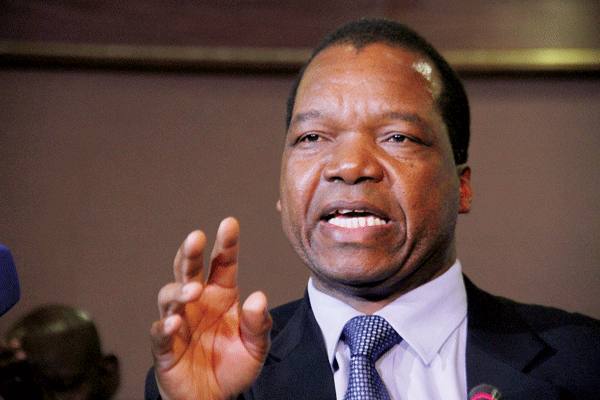Zimbabwe’s financial system is still in a disarray despite the measures unpacked in the monetary policy statement of the first half of year 2019 articulated by Reserve Bank of Zimbabwe Governor Dr Mangudya on 19 February. The economy is continuously gradually deteriorating thereby putting insurance companies’ funds and people’s savings at danger.
If we are to look at daily press, articles and advices about Zimbabwe currency reforms from fixed bond notes to liberalised RTGS$ exchange rate against USD’s, their range of contents is extensive as some of them are platitudinous truisms and others are abstruse distillations of thought. But the truth is that, the floating exchange has eroded insurance companies funds, individual savings and fixed income earners bank balances.
By Elvis Dzvene
The current market exchange rate in banking halls is 1: 2.50 (USD: Rtgs), meaning people have made a loss of 250%, putting in mind that people saved in US dollars. Now that it has been converted to RTGS$, the value is not the same.
What it means is, the insurance company that was worth 1 000 000 bond notes in bank account now has US$400 000 dollars. And these companies have lost more than $600 000 provided that they invested using US Dollars and their investments are indexed in US dollars.
This currency turmoil has put fixed income earners at greater risk especially the pension savings and insurance savings. Floating exchange rate has brought a negative bearing effect to the insurance industry revenues as a whole, given the incapability’s of our nation to retain 1:1 parity.
The move made has systemic risks to the whole financial system. One of the risk is it deters existing and potential investors due to the inconsistencies in policy making on currency decisions. The paradigm taken contradicts with “Zimbabwe is open for business theme.”
As a result, there is need for the nation to come up with currency reforms that retain 1:1 value for the sake of boosting investor confidence in Zimbabwe.
In summing up, for any economic policy to work it requires a strong functional industry. So there is need to revive and revamp the domestic business sector for the country to be attractive in the vicinity of potential foreign investors. Failure to boost the Production sector implies that Zimbabwean economy will continue to fall in the same traps and any currency reform made to revive will experience at still birth death.
